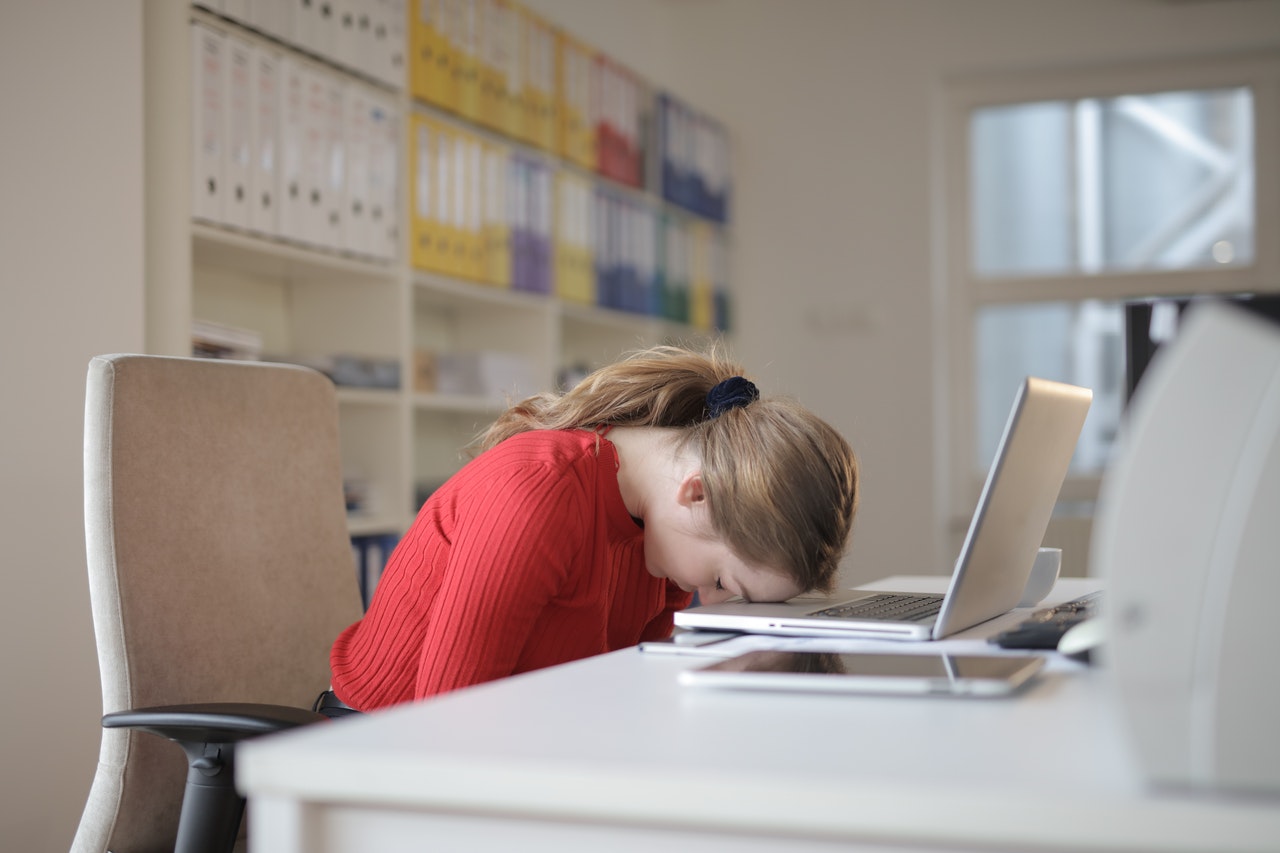Sleep Insomnia
Why You’ve Been Having Trouble Sleeping
Finding it hard to fall asleep or to stay asleep? It’s possible you are suffering from sleep insomnia. This condition may be a result of stress or due to medical conditions such as sleep apnea, depression, asthma, heartburn, pain.
You may be feeling stressed out due to:
- Job loss or a new job
- New work environment
- The recent arrival of a newborn
- Loss of a loved one
- Change in living situation
- A troubled marriage, separation or divorce
- Depression
- Anxiety
- Illness
Symptoms of Insomnia
Not sure if what your experiencing is sleep insomnia?
- Do you have trouble sleeping? Constant tossing and turning?
- Do you find that when you finally fall asleep you just can’t stay asleep?
- Do you wake up extra early in the mornings?
- Do you feel tired when you wake up?
- During the day are you tired and cranky? Frequent yawning and you’re struggling to stay awake?
- Are you having difficulty focusing and remembering the little things?
These are some of the symptoms of sleep insomnia and may last for just a night or more than a month.
Types of Sleep Insomnia
- Transient – the condition lasts for a night to a week
- Acute – the condition lasts for a month
- Chronic – the condition lasts for more than a month
If you find that the condition lasts for more than a week and is becoming chronic, I suggest that you see your doctor for them to examine you and provide treatment.
For more information on sleep insomnia and treatment, check out this PDF document from The American Academy of Sleep Medicine where it is discussed in more detail.
The Importance of Sleep
It is important to have good quality sleep because:
- It helps to improve your memory
- It helps you cope with stressful situations
- It may help you lose weight - researchers have found that poor sleeping habits affect the hormones that regulate your appetite
- During sleep is the time your cells regenerate and your body repairs itself - recovering from the harmful damages of stress and the environment
- It helps you to be more alert and energetic
- It helps to foster good heart health. It lowers your blood pressure and inflammation within your body, making you less likely to suffer from a stroke or a heart attack
- It helps to improve your mood; therefore you are less anxious or depressed
Sleepless Nights & I ... my coping strategy
A good night's rest is among the first to fall victim when I am under a lot of stress.
I go to bed at nights and it takes me a long while to fall asleep (sometimes I even count sheep, - but it never helps). When I do eventually cross over into dreamland, I get up at odd hours, 12 a.m., 2 a.m. then 4 a.m., and then the alarm clock goes off at 5 a.m. Aaargghh!!
I must confess those are the mornings that if you see me coming, you best bid me a quick good morning and then keep it moving. Cause I am grouchy, irritable, and far less patient.
But that is not healthy for me or my interaction with others at home or at work.
So what do I do about it?
I work out in the mornings (yes, even with the lack of sleep I draw upon my last ounce of strength to do a workout). My energy level determines how vigorous I do the exercise but what is important is that I keep moving. When I am done I have a more positive attitude and my day is more manageable.
I also make sure I have a well-balanced breakfast and at bedtime, I have a relaxing bath and fall asleep listening to soothing music, whether instrumental or sounds of nature.
Of course, you may not choose to handle things the way I do and so there are several other relaxation techniques that you can do at home to help relieve transient or acute sleep insomnia.
